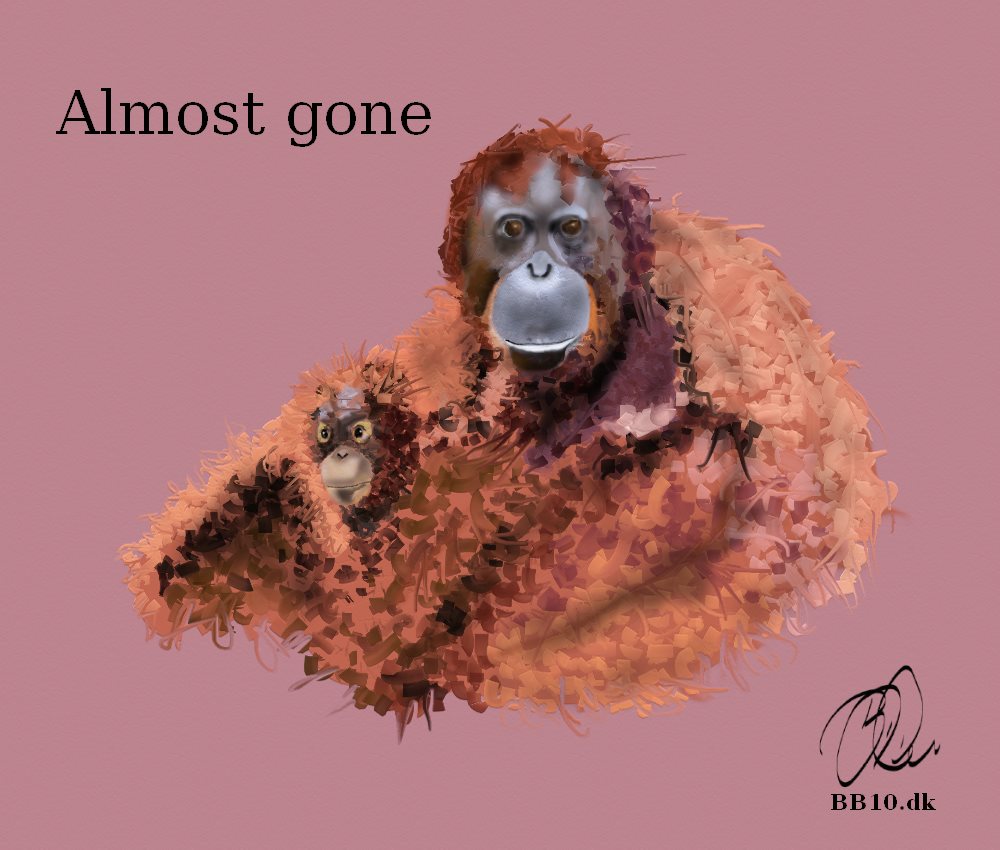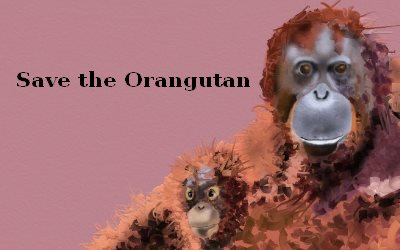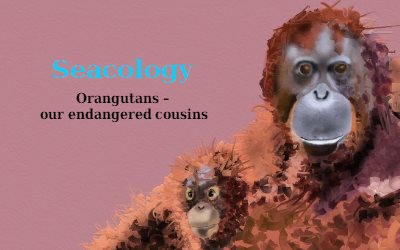Orangutan almost gone
The orangutan is a great ape native to the islands of Borneo and Sumatra in Southeast Asia.
Orangutan almost gone
The orangutan is a great ape native to the islands of Borneo and Sumatra in Southeast Asia.
There are three species of orangutan: the Sumatran orangutan, the Bornean orangutan,
and the Tapanuli orangutan, which was only recently identified as a distinct species in 2017.
Orangutans are known for their distinctive reddish-brown hair and long, powerful arms,
which they use to move through the trees of their forest homes.
They are primarily arboreal, spending most of their time in trees,
and are considered to be the largest tree-dwelling mammal in the world.
These intelligent primates are highly endangered due to habitat loss and poaching,
and conservation efforts are underway to protect their remaining populations.
Orangutans are also closely related to humans, sharing approximately 97% of our DNA,
making them an important species for scientific research and understanding our evolutionary history.
The lifespan of an orangutan
Orangutans have a lifespan similar to humans,
with individuals living up to 30-40 years in the wild and up to 50-60 years in captivity.
However, in rare cases, some orangutans have been known to live longer than 60 years.
The lifespan of an orangutan can be influenced by various factors, including their genetics, environment, diet, and health.
Like humans, orangutans also experience age-related changes such as reduced mobility,
increased susceptibility to disease, and cognitive decline.






